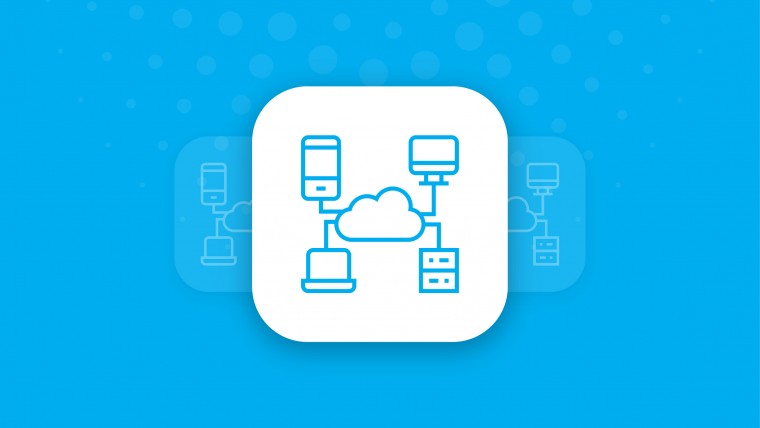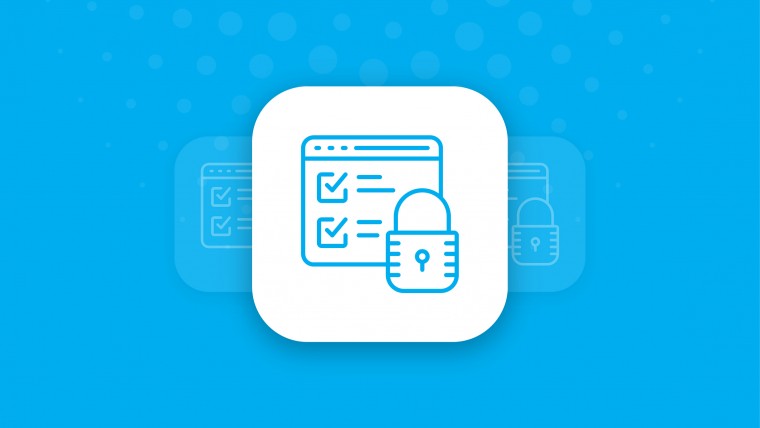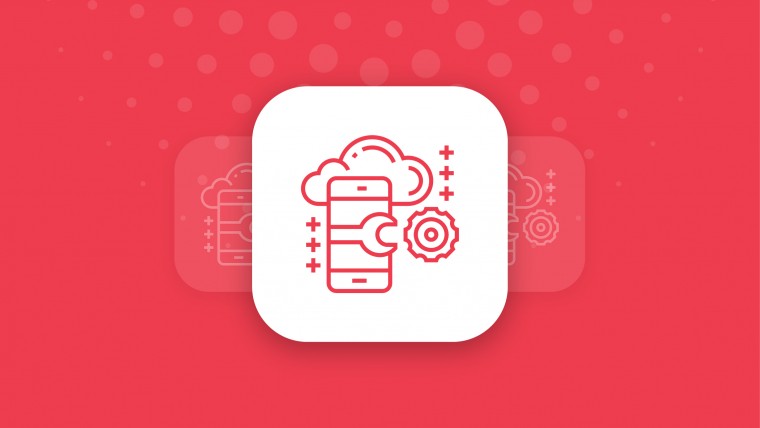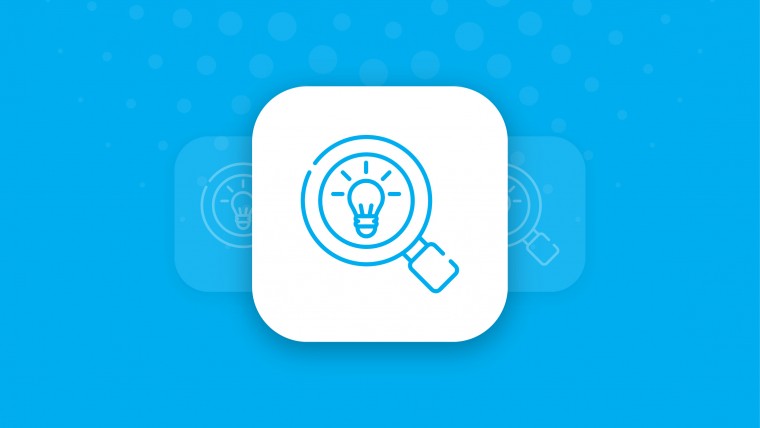Business-to-business, or B2B, refers to companies who sell products or services directly to other businesses. A good example of a B2B relationship is that between a manufacturer and wholesaler.
Even if you were to set up a small business serving the public, you will likely need to engage with other businesses. This could be for the provision of services like cleaning, bookkeeping, or supply of goods.
Most retail businesses must enter into some level of B2B and business-to-customer (B2C) transactions to operate successfully. Some businesses however exclusively cater to the B2B market.
Depending on the business model, there are typically three different types of B2B sales.
1. Supply Sales
These are businesses that offer products that support the operations of other businesses. This can include items such as office stationery, employee uniforms, computers, printers, and more.
While such items can just as easily be sold to end-user consumers in the open market, the quantities and process of ordering and supply are different.
For instance, a factory will have procurement procedures to follow in ordering work overalls for employees in bulk quantity and various sizes. In the B2C transaction, the employee will visit a retailer to pick out just what they need.
2. Distribution Sales
These businesses are often an early part of the supply chain. They offer products that are used in the manufacture of more refined goods. They can also supply goods that are distributed amongst even more businesses to get commodities to the retail market.
Businesses that sell their commodities via Amazon are an example of distribution sales. They deliver their products to Amazon, which then uses its e-commerce platform to sell onward to final consumers. Amazon Business is another variation that enables businesses to source for their business supplies from other companies.
3. Service Sales
These are companies that offer services to other businesses, rather than physical commodities. The services can widely vary from simple tasks like cleaning offices to more complex B2B consulting.
An example of such B2B service sales providers is iAgility. This is an online consulting platform that provides solutions to business problems with the help of their qualified pool of consultants. They provide such services as business management consultancy and social media strategizing.
Effect of Digitization on B2B Sales
Just as in the B2C market, e-commerce can be expected to soon dominate B2B sales. In fact, by 2023, B2B digital sales are expected to reach a high of $1.8 trillion. For such businesses to secure their market share, it will become necessary to adapt and make e-commerce an integral part of their B2B solutions and strategy.
1. Higher Procurement Competence
Use of online resources not only makes it easier for businesses to find other businesses. It also provides an excellent avenue for information gathering that will be useful during procurement. The internet has helped make for more informed purchasing decisions driven by this easier access to information.
2. Increasing Customer Demands
Purchasing decisions for businesses are increasingly falling into the hands of millennials. This demographic has slowly risen to take the place of retiring baby boomers in management positions in businesses. Besides being quite tech-savvy and drawn to online conveniences, this group is characterized by a desire to support businesses and brands that not only offer good value for money but also support social and charitable causes.
3. Growing Competition
As the digital space continues to attract new players, B2B businesses are also being bombarded by emerging technologies and unusual business models. With this increased pressure to adapt and ever-expanding variety of offers, it has become tougher to figure out what technologies will work best for their businesses in connecting with target clientele.
4. Fast Pace
B2B companies are being forced to keep pace with an ever-changing technological landscape. If they lag behind in updating their operations, they become less competitive. It, therefore, pays to keep up and remain flexible to possible changes.
5. New Technologies
As said, technology is ever-changing and disruptive. Their consumers are also quite reactive to these changes, quickly learning how to utilize new hardware and software as they are launched. B2B companies must be equally as fast in matching their systems to new technologies so that B2B digital sales are grown.
Need of Digital Transformation for B2B Sales
Organizations need to adapt to new technologies and source for better data to meet continually changing customer demands and continue to grow high-value sales via digital selling. This responsiveness is driven by how business clients have changed with time. It is about offering them what they need, where they need it and delivering as they desire.
Digitization has become key to promoting better sales, gathering customer analytics, and developing actions based on insights about top priorities. By finding the right mix of e-commerce talent and technology, B2B companies can achieve all these goals.
Offering satisfactory online customer experience has become a better way of connecting with and engaging with B2B clients. This approach has proven more vital given the decline in the successful application of traditional marketing approaches.
How iAgilians Can Bring Digital Transformation?
Our team of sales consultants can leverage predictive analytics, AI, and machine learning to resolve these key strategic concerns.
1. Identifying New High-Value Sales Opportunities
Just as e-commerce has driven consumers online, the B2B industry is also seeing an increasing shift towards digital selling. Determining how and where to exploit these opportunities has become vital in ensuring suitable sales growth and retention of market share.
As a B2B digital marketing agency, we keep abreast of the latest technologies and platforms that businesses can use to reach out to clients. Helping B2B companies adapt to these changes helps to bolster sales at a time when traditional marketing approaches prove less profitable.
2. Organizing Effective Resource Allocation to Existing Clients
It is not enough to learn how to apply new technology. You also need to determine what works for each client. Design thinking helps to match each client to the experience they will respond to best. Use of analytics will provide valuable insights that can help guide your business to the right actions.
Understanding the best route of digital engagement will help boost the value and reputation of your company. Optimizing the right B2B solutions after gauging responsiveness will also ensure that you enjoy maximum return on your marketing investments.
3. Planning and Implementing Actions That Directly Results in Sales Productivity
Our business development consultant leverages both human and digital capabilities to provide an intelligent and personalized service. Finding the right mix of talent and technology maximizes the potential for enhanced productivity and sales.
Our business strategy consultant provides B2B digital sales growth by empowering sales teams with integrating digital technologies. Analytics and AI data are both essential to this process. The insights they provide are a powerful influence in guiding actions.
4. Empowering Sales Teams
By helping sales teams to understand how to utilize human-AI collaboration, they become better capable of identifying high-value opportunities. This is more efficient and less tiresome than when applying traditional analytic models. Learning how to use advanced analytics makes them better able to engage with customers and help them understand how the products or services they are being offered provide value addition. Our clients can access data on the performance of their sales efforts and make changes that will lead to better revenue growth.
This data is also useful in helping sales teams to better understand how to better compete in markets that are becoming more crowded. Through predictive modeling and automated forecasting, it becomes easier to determine where high-value sales from both new and existing customers will come from.
5. Integrating Digital Technologies
IAgility helps you to discover digital technologies that are a means of creating customized business strategies and endowing sales teams with the needed technologies that will encourage high-value digital sales.
Our consultants apply digital marketing strategies and generate analytics to collect the most accurate view of customers. This data continually feeds into machine learning and AI algorithms. The resulting information is then used to develop better tailored and targeted marketing automation offers.
Conclusion
To achieve true digitization, digital selling must be viewed as an ever-changing and continuous process. For B2B companies to remain competitive, they must be able to adapt and change as quickly as new technologies emerge. All while tracking customer activity to ensure they deliver an online experience that will keep them engaged and buying.
IAgility is a pathway to B2B solutions that will equip your business with the necessary skills and tools to make your entry into the digital landscape a resounding success. By understanding how to tap the right talent and technologies, you can better integrate digital selling into being a part of your core business.








5 Reasons Why Strategic Decision Making Is Most Important In Business Growth
4 Characteristics of high performing transformation teams
Types of Cloud Computing
Should You Become An Independent Consultant?
Should You Become An Independent Consultant?
8 Characteristics of great consultants. Do you have what it takes?
4 Characteristics of high performing transformation teams
Types of Cloud Computing